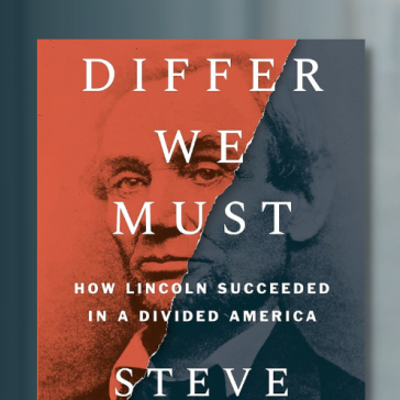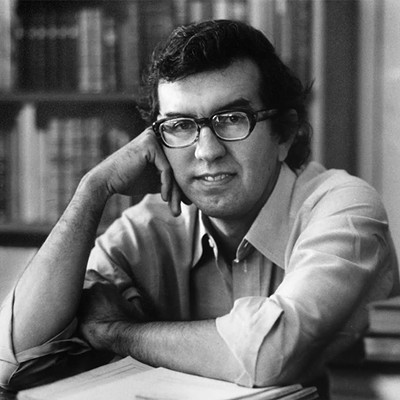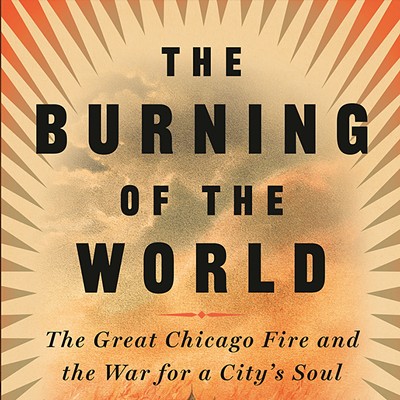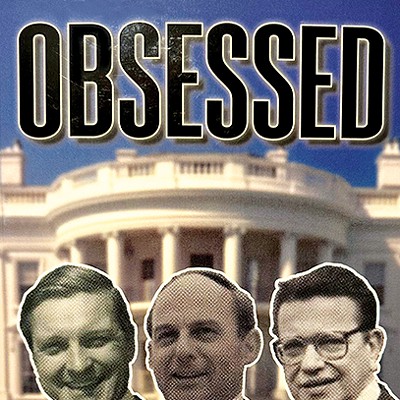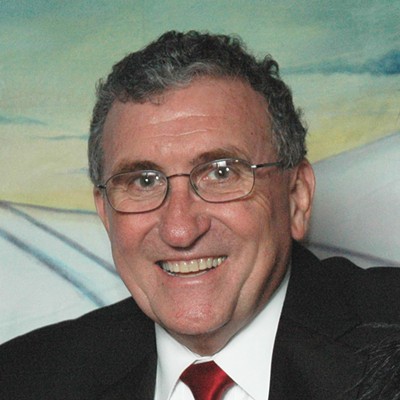The Legendary Harry Caray: Baseball’s Greatest Salesman, by Don Zminda. Bowman and Littlefield, 2019.
A Chicago White Sox, Chicago Cub and St. Louis Cardinal fan walk into a bar. They cannot agree on very much when it comes to baseball but they share one common belief. The years when Harry Caray was announcing their games were quite exciting. They loved Harry or they hated him, but they always listened. Twenty-seven major league baseball players wore the uniform of the three franchises located within 200 miles of Springfield. None are as remembered as Caray, the voice of baseball on radio and television in this area for 25 years with the Cardinals, 11 with the White Sox and 16 with the Cubs.
Caray also dabbled in announcing other sports, as Don Zminda notes in his delightful biography of the baseball legend. In fact, his first announcing work with one of his many partners, Joe Garagiola, was broadcasting a University of Missouri football game in the early 1950s. But baseball was Harry’s love and broadcasting baseball was where he made his name. “You can’t beat fun at the old ballpark,” was Harry’s mantra, and for many of his fans across America, listening to or watching Harry was the only way to enjoy a game away from the park. Some even brought radios to the ballpark to listen to Harry.
After a career with STATS, a company devoted to sports data and technology, Don Zminda embarked upon a long-held goal, writing a biography of Harry Caray. As a fan he had listened to Caray for many years. The Legendary Harry Caray is exhaustively researched and wonderfully written. Most important, it is right in the sweet spot of my life as a baseball fan, spent primarily at Wrigley Field and Comiskey Park, with a few visits to the various Busch Stadiums. I recall listening to Harry Caray broadcast games for all three franchises – the events discussed in this biography remain part of my life as a baseball fan.
Caray’s career is traced from his days in St. Louis to his final days with the Cubs. Along the way the one certainty in Harry’s life was his unpredictability. He would anger fans as well as management. The players who felt the sting of his criticism often reacted unkindly. At almost every stop in his career, Harry had words with players and physical confrontation often seemed likely. Chicago White Sox third baseman Bill Melton remarked, “The hard thing about disliking Harry was he could say something to you, and it’d be like a knife, a digging thing, but he would laugh. And you would laugh too, ’cause he was right.”
At every stop during his career Harry was the same. He never believed he was simply a chronicler of the game he was attending. He was a fan. And all fans have opinions about the team they root for. When players did well, Harry was as excited as any fan watching the game. When he felt a player made a bad play or did not hustle, he was a frustrated fan. You always knew where Harry stood and his frank observations created tension with players and listeners. Harry was loved and hated, but everyone listened.Throughout his career Harry Caray was an independent man in the announcing booth. He never feared working with a strong sidekick. In St. Louis he worked with Jack Buck whose credentials as an announcer led him to the Hall of Fame before Caray. In Chicago he teamed for several years with Jimmy Piersall, equally opinionated as Caray and more than willing to express those opinions on the air. In 1977 Caray brought one of the first female announcers into the booth when Mary Shane joined the White Sox and worked 30 games on the air.
And in 1976, Caray changed baseball announcing forever when Sox owner Bill Veeck broadcast Caray singing “Take Me Out to the Ballgame” over the Comiskey Park sound system. Organist Nancy Faust would play the song during the seventh-inning stretch and Harry would sing to those near the booth. Harry protested initially because he was no singer. But Veeck replied, “That’s the reason…if you could sing, nobody would sing with you. This way everyone will sing.” A tradition associated with Caray for the rest of his life was born.
Controversy would follow him at every job. Sometimes there would be rumors of behavior outside the booth. Zminda covers it all and is not reluctant to present the facts to his readers. Some biographers hate their subjects; some adore them. Don Zminda does neither. He is not an advocate. Instead, to use a sports phrase, he is an umpire, calling Harry Caray’s life as he saw it. But better than an umpire, Zminda is a fan, re-creating for readers baseball in the second half of the 20th century when the game changed substantially. The Legendary Harry Caray: Baseball’s Greatest Salesman is a great baseball book. This fan is happy to include it in his baseball collection.


